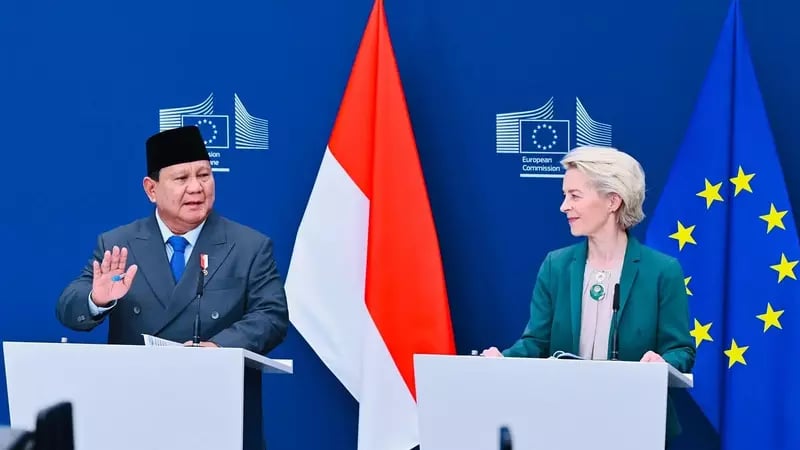Indonesia’s Push for New FTAs: GCC, Tunisia, I‑EU CEPA and Others
Indonesia is aggressively pursuing new Free Trade Agreements (FTAs) with key regions like the GCC, Tunisia, and the EU through I‑EU CEPA to expand its global trade footprint and unlock new export opportunities.
Admin
6/20/20251 min read


Indonesia is accelerating its global trade agenda by negotiating multiple Free Trade Agreements (FTAs) aimed at opening up new markets and strengthening economic ties with strategic regions. The government’s recent efforts are centered around potential FTAs with the Gulf Cooperation Council (GCC), Tunisia, and ongoing talks under the Indonesia-European Union Comprehensive Economic Partnership Agreement (I‑EU CEPA).
1. Why FTAs Matter for Indonesia
Free Trade Agreements are crucial tools for boosting export competitiveness, eliminating trade barriers, reducing tariffs, and improving the flow of goods and services. For an export-driven economy like Indonesia, FTAs play a strategic role in integrating the country more deeply into global supply chains.
2. FTA with GCC – A Strategic Middle East Expansion
Indonesia is in active discussions with the GCC—comprising Saudi Arabia, UAE, Qatar, Bahrain, Kuwait, and Oman. This deal is expected to improve market access for Indonesian halal products, palm oil, processed foods, furniture, and textile goods. It would also facilitate greater investment flows and energy cooperation.
3. Tunisia FTA – Tapping Into Africa’s Growing Market
The proposed FTA with Tunisia is part of Indonesia’s broader African strategy. With Africa poised to become a significant global growth engine, Indonesia aims to position itself early through strategic trade pacts. Tunisia can serve as a gateway for Indonesian products into North and Sub-Saharan Africa.
4. I-EU CEPA – Reaching the EU’s $16 Trillion Market
The Indonesia-European Union CEPA has been in negotiation since 2016 and is entering final phases. This agreement is highly anticipated, as it will give Indonesian exporters preferential access to one of the world’s largest consumer markets. Key export categories include palm oil, coffee, tea, spices, fisheries, and furniture.
5. Domestic Industry Readiness
To maximize the benefits of these FTAs, the Indonesian government is also focusing on improving industry competitiveness, investing in infrastructure, simplifying customs procedures, and boosting digital trade ecosystems.
Conclusion
Indonesia’s aggressive pursuit of FTAs signals its commitment to diversifying export markets, securing fair trade terms, and accelerating economic growth. With the GCC, Tunisia, and EU deals on the horizon, the future of Indonesia's international trade looks increasingly promising.



